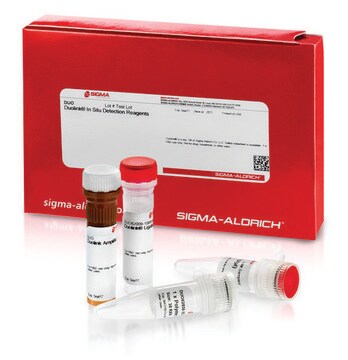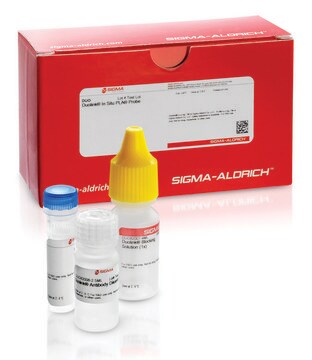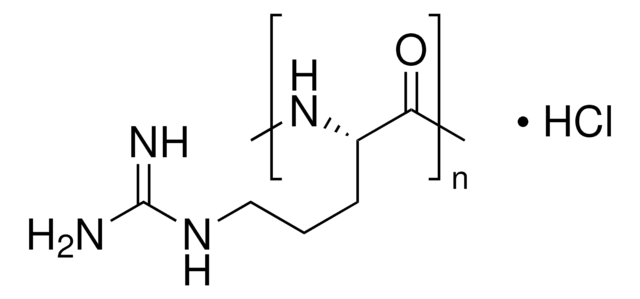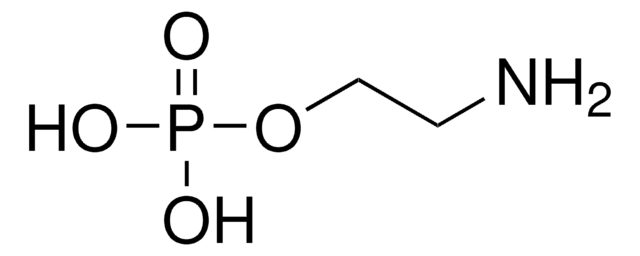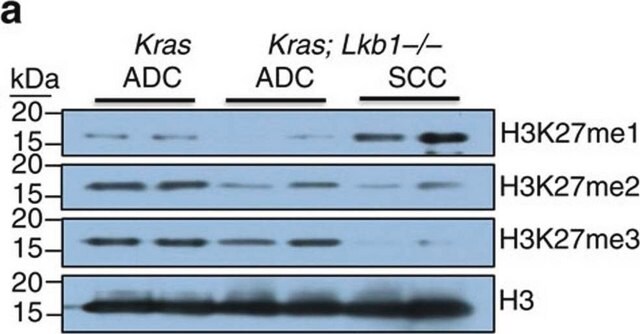ABS1849
Anti-phospho-Rsk1 (Thr359/Ser363) Antibody
from rabbit, purified by affinity chromatography
Synonym(s):
Ribosomal protein S6 kinase alpha-1, Thr359/Ser363 phosphorylated, 90 kDa ribosomal protein S6 kinase 1, Thr359/Ser363 phosphorylated, MAP kinase-activated protein kinase 1a, Thr359/Ser363 phosphorylated, MAPK-activated protein kinase 1a, Thr359/Ser363 p
About This Item
Recommended Products
biological source
rabbit
Quality Level
antibody form
affinity isolated antibody
antibody product type
primary antibodies
clone
polyclonal
purified by
affinity chromatography
species reactivity
human
species reactivity (predicted by homology)
porcine (based on 100% sequence homology), bovine (based on 100% sequence homology), chicken (based on 100% sequence homology), Xenopus (based on 100% sequence homology)
technique(s)
immunohistochemistry: suitable
immunoprecipitation (IP): suitable
inhibition assay: suitable (peptide)
western blot: suitable
NCBI accession no.
UniProt accession no.
target post-translational modification
phosphorylation (pThr359/pSer363 )
Gene Information
human ... RPS6KA1(6195)
General description
Specificity
Immunogen
Application
Immunohistochemistry Analysis: A 1:250-1000 dilution from a representative lot detected Rsk1 Thr359/Ser363 phosphorylation in human cervical cancer tissue, normal kidney, liver, and small intestine tissue sections.
Peptide Inhibition Assay: Preincubation with the immunogen peptide, but not the corresponding non-phosphorylated control peptide, prevented the polyclonal antibody from detecting the target Rsk1 phosphorylation band.
Signaling
Kinases & Phosphatases
Quality
Western Blotting Analysis: 0.1 µg/mL of this antibody detected enhanced Rsk1 Thr359/Ser363 phosphorylation in 10 µg of lysate from EGF-treated A431 cells.
Target description
Physical form
Storage and Stability
Other Notes
Disclaimer
Not finding the right product?
Try our Product Selector Tool.
Storage Class Code
12 - Non Combustible Liquids
WGK
WGK 1
Flash Point(F)
Not applicable
Flash Point(C)
Not applicable
Certificates of Analysis (COA)
Search for Certificates of Analysis (COA) by entering the products Lot/Batch Number. Lot and Batch Numbers can be found on a product’s label following the words ‘Lot’ or ‘Batch’.
Already Own This Product?
Find documentation for the products that you have recently purchased in the Document Library.
Our team of scientists has experience in all areas of research including Life Science, Material Science, Chemical Synthesis, Chromatography, Analytical and many others.
Contact Technical Service